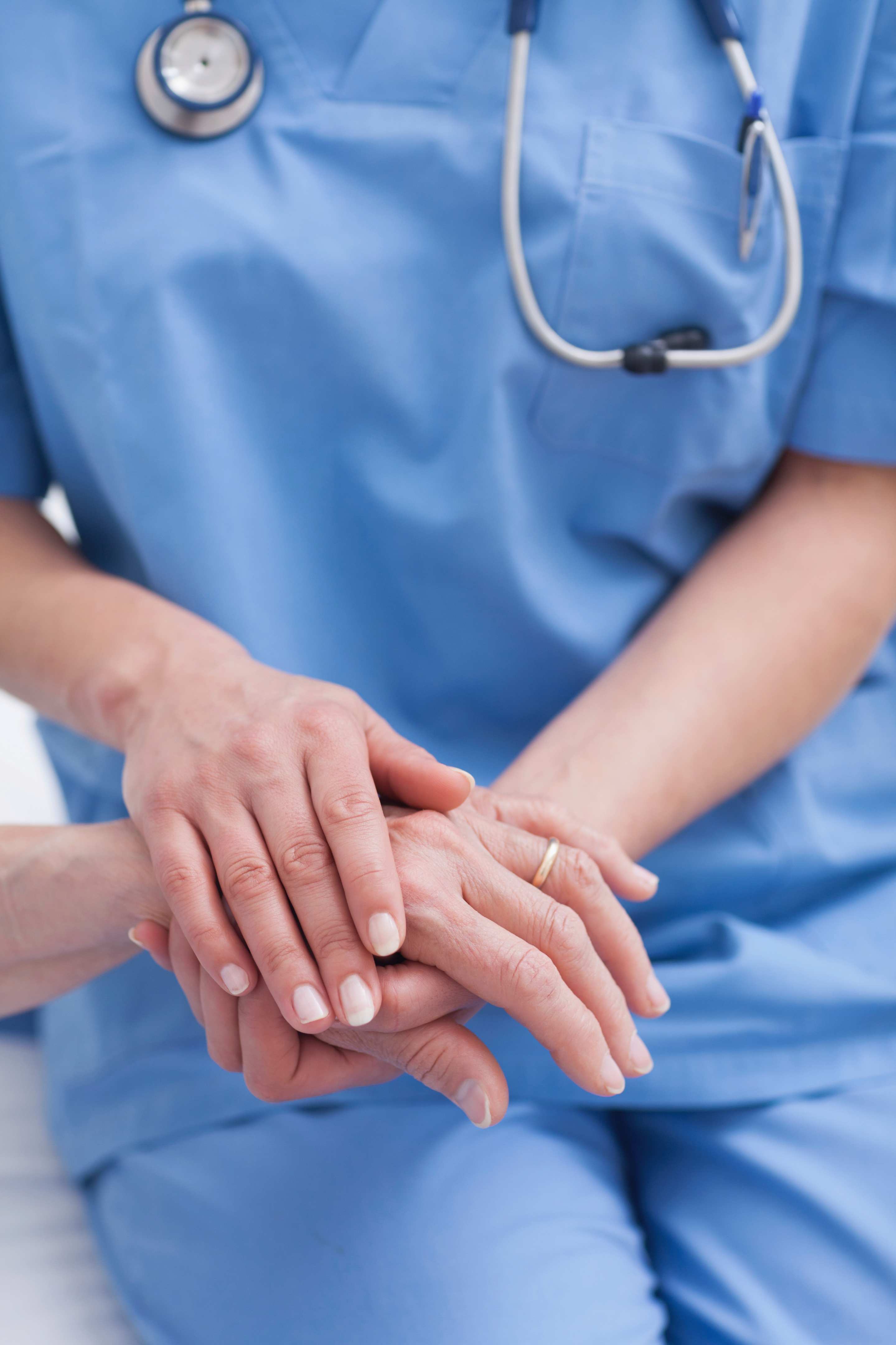Is cancer screening saving or harming lives?
Medical experts discuss the life-saving power as well as possible emotional harm of screening.

Patients need reliable, accurate information about cancer screening. Photograph: iStock
Medical experts in Australia are divided over the benefits of cancer screening - are we saving lives or harming lives?
To help unravel this issue, industry experts, medical professionals, researchers, and those affected by cancer shared their stories and expertise at a public forum at the University of Sydney this week.
Screening saves lives
One of the key issues in this debate is over-diagnosis - the detection of cancers by screening that would not otherwise have caused symptoms during a person's life. Over-diagnosis also increases the probability of over-investigation and over-treatment.
Medical experts who support cancer screening programs and new-generation genetic tests argue that screening saves millions of lives and prevents untold suffering by detecting cancers at an early stage.
"The evidence is clear, early detection improves survival from cancer and screening (together with improved treatments) has reduced deaths from cancer," says Warwick Lee, Adjunct Professor Medical Radiation Sciences, University of Sydney.
"Early detection of breast cancer results in diagnosis of more cancers at an early stage and with an improved chance of cure. In the example of mammographic screening, it detects early cancer and reduces the mortality from breast cancer by 20 per cent.
"Screening programs are important as at present it is not possible to reliably distinguish over-diagnosed cancers from lethal cancers."
Can screening be harmful?
Other medical experts argue that widespread screening, such as for breast and prostate cancer, can lead to healthy people being unnecessarily alarmed, falsely diagnosed, or subjected to invasive procedures that cause emotional and physical harm.
"Whenever we screen for breast, prostate, thyroid or lung cancer, there is the potential for over-diagnosis and over-treatment. These are the major downsides of screening for these cancers," says Alexandra Barratt, Professor of Public Health, University of Sydney.
"People who receive screening invitations should get balanced information about both the potential benefits and potential harms of screening, rather than using persuasive communications and promotional campaigns which encourage people to be screened.
"However, according to a national Australian survey only 10 per cent of Australian adults had been told of the risk of over-diagnosis in cancer screening."
Professor Glenn Salkeld, Head of the University's School of Public Health, says that people need to be given adequate, reliable information which explains the benefits and risks of screening.
"All people should be given the chance to make an informed choice about screening. We need to empower citizens to make good decisions for themselves.
"It's more than just providing information on benefits and harms - we need to help people form their own opinion on what's best. One way of doing that is to provide online decision tools that combine the best evidence, capture individual's preferences and generate an opinion.
"Health professionals need our support to help them assist their patients make an informed decision," Professor Salkeld said.
Panel members
Professor of Public Health, Head and Associate Dean, Sydney School of Public Health, health economist, University of Sydney
Professor of Public Health, cancer screening expert, University of Sydney
Adjunct Professor Medical Radiation Sciences, radiologist, BreastScreen NSW, University of Sydney
General practitioner, former President of Royal Australian College of General Practitioners, Director of the Hornsby-Brooklyn GP Unit
Breast cancer survivor, recent Chair Breast Cancer Action Group NSW, member of Cancer Voices NSW Executive Committee